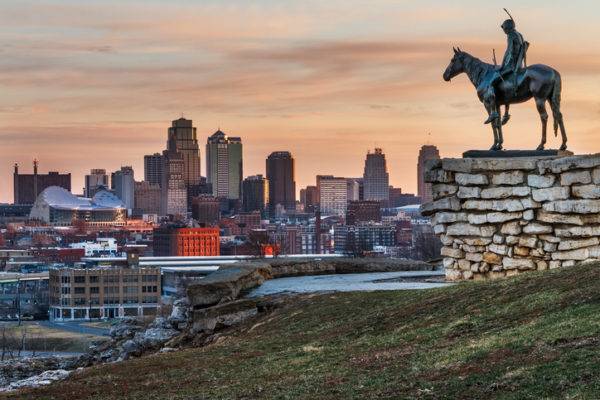Not only is Kansas City on the cutting edge of urban technology improvements, but it’s now sharing its insights to help improve other smart cities around the world.
In a press release, Kansas City announced that it is now opening up the gates on its smart city data. In its first batch of data, it will share smart city insights with leaders from 18 cities, two countries and five federal agencies.
The city says sharing the information will enable big data analysis by its partners that will hopefully improve their smart city initiatives, and Kansas City’s as well.
Kansas City chose to publish the data while co-hosting a national workshop with the National Institute of Standards and Technology and Think Big Partners. This follows a report which revealed that mid-sized U.S. cities are leading the charge for smart city projects over their mega-city brethren.
The data was generated by the city’s smart city initiative rolled out nine months ago. That $15 million initiative included 125 smart streetlights, free public Wi-Fi across 50 downtown blocks and interactive kiosks to engage citizens.
Better infrastructure through data
This connected infrastructure has been using sensors to collect real-time data to help the city operate more efficiently. Kansas City plans to use this smart city data for decision-making that enables more efficient repairs and maintenance of such infrastructure as streets and water lines.
“The smart city sensors and digital tools are cool, but understanding how to use these tools – and the data that they generate – bridges the gap between cool and smart,” said Sly James, Mayor of Kansas City.
This data will soon be migrated to the city’s open data catalog and will displayed via a platform operated by technology firm Xaqt.
The real-time visualization of the data is available for the public on a map that shows streetcars, pedestrian hotspots, available parking and traffic flow.
“We’ve been testing the quality of the data collected through our Smart City infrastructure,” said Bob Bennett, the city’s Chief Innovation Officer. “Now we will put it to work to benefit Kansas City residents.”


















